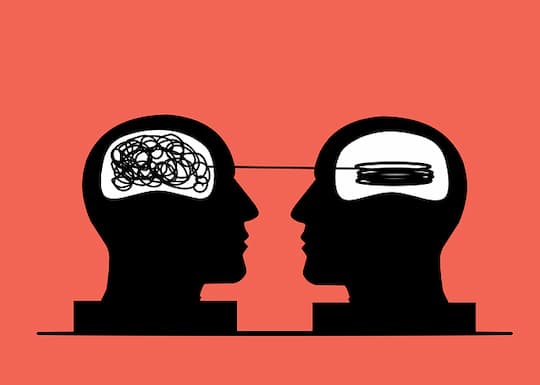The common meds that may cause depression, despite having nothing to do with it.
One-in-three US adults is taking prescription medications that can cause depression and increase suicide risk, research finds.
The medications have nothing to do with depression, and so patients and providers are frequently unaware of the risk.
The research also found that people who used multiple medications were at even greater chance of depression.
Over 200 common prescription drugs have depression and suicide listed as potential side-effects, including:
- hormonal birth control medications,
- blood pressure and heart medications,
- proton pump inhibitors,
- antacids,
- and painkillers.
Around 15 percent of people who used three drugs simultaneously also experienced depression compared with just 5 percent of people taking none of these drugs.
The results were similar for drugs that listed suicidal feelings as a side-effect — using multiple drugs increased the risk.
Dr Dima Qato, the study’s first author, said:
“The take away message of this study is that polypharmacy [taking multiple drugs simultaneously] can lead to depressive symptoms and that patients and health care providers need to be aware of the risk of depression that comes with all kinds of common prescription drugs — many of which are also available over the counter.
Many may be surprised to learn that their medications, despite having nothing to do with mood or anxiety or any other condition normally associated with depression, can increase their risk of experiencing depressive symptoms, and may lead to a depression diagnosis.”
The study included data from 26,192 people between 2005 and 2014.
Unfortunately, the prescription and use of these drugs is on the rise, Dr Qato said:
“People are not only increasingly using these medicines alone, but are increasingly using them simultaneously, yet very few of these drugs have warning labels, so until we have public or system-level solutions, it is left up to patients and health care professionals to be aware of the risks.”
Dr Qato thinks health care professionals need to be more aware of the psychological risks involved in patients taking multiple medications:
“With depression as one of the leading causes of disability and increasing national suicide rates, we need to think innovatively about depression as a public health issue, and this study provides evidence that patterns of medication use should be considered in strategies that seek to eliminate, reduce or minimize the impact of depression in our daily lives.”
The study was published in the Journal of the American Medical Association (Qato et al., 2018).










